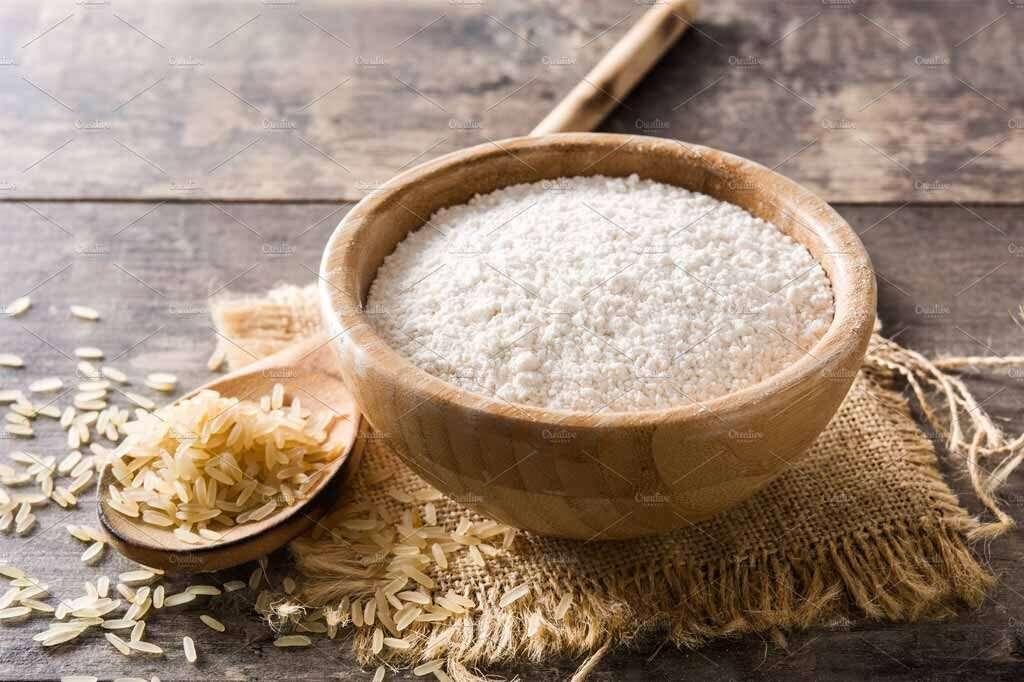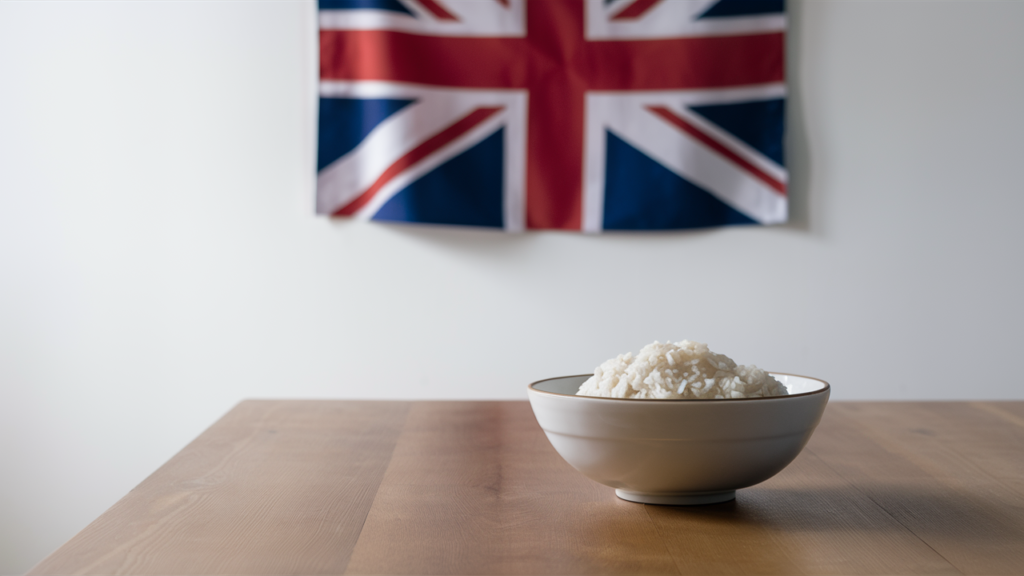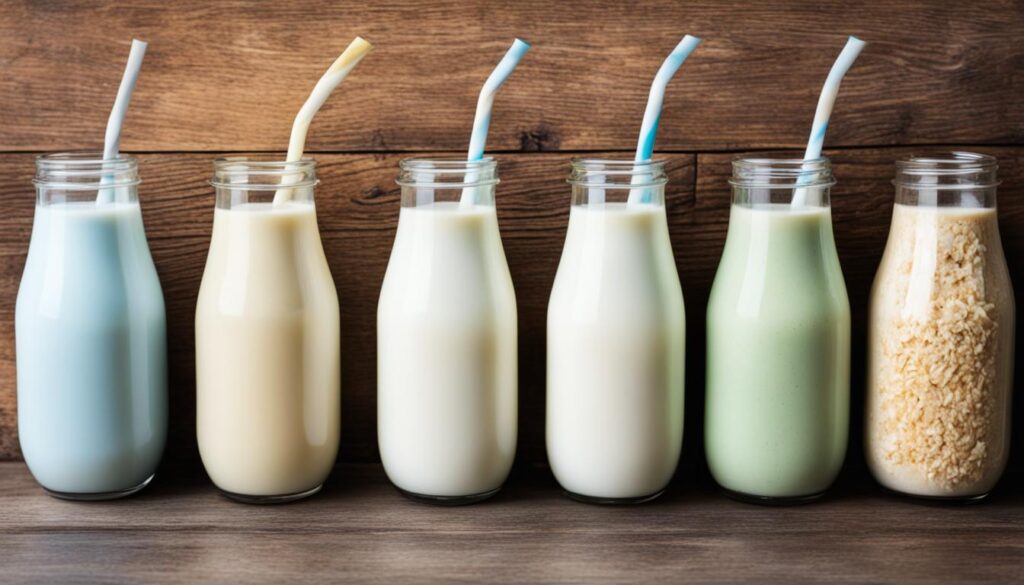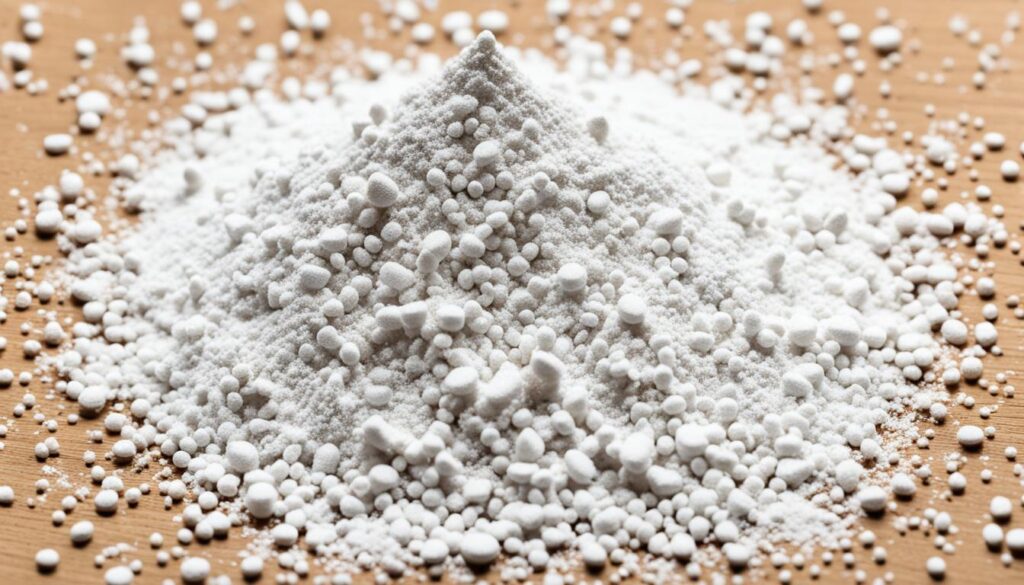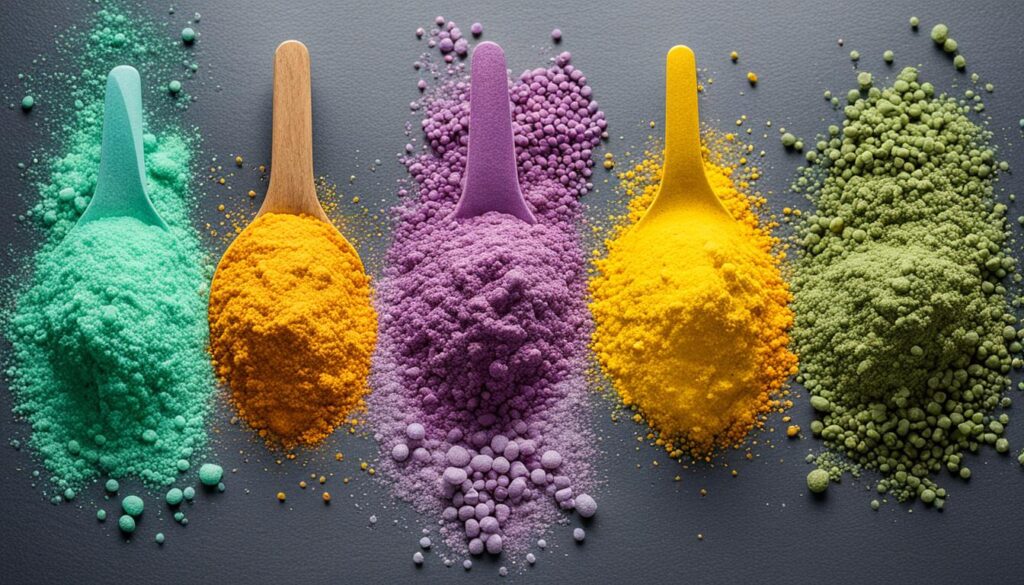Introduction of Rice Protein
Most of us think of rice as a carbohydrate-rich diet. Yet rice also contains a significant amount of vegan, gluten-free protein. Rice protein is typically generated by treating brown rice with selected enzymes that separate the carbohydrates and protein. The protein can be extracted and results in a high-quality protein powder based on plants.
Types and Details of Protein Powders
Protein powders are concentrated sources of animal or plant food nutrition, such as dairy, meat, beans, or peas.
There are three common types:
Protein concentrate:
Produced using heat and acid or enzymes, by extracting protein from whole food. They usually comprise 60–80% protein, with the remaining 20–40% consisting of fat and carbs.
Protein isolates:
An extra extraction method extracts more fat and carbohydrates, and the protein is more concentrated. Protein isolate powders have around 90–95 percent protein content.
Protein Hydrolysates:
Created by further heating with acid or enzymes — which breaks the bonds between amino acids — the body and muscles absorb hydrolysates more quickly.
Hydrolysates appear to increase insulin levels more than other forms — at least for whey protein. This can improve your muscle growth after exercise.
Some powders, particularly calcium, are fortified with vitamins and minerals too.
Not all gains from those powders, though. Unless your diet is already rich in high-quality protein, adding protein powder probably won’t help you see a difference in your quality of life.
But athletes and people who lift weights regularly may find that taking protein powder helps maximize muscle gain and fat loss.
Protein powders can also help individuals struggling with food alone to meet protein needs, such as people who are ill, older adults, and some vegetarians or vegans.
Benefits of Rice Protein To Help Improve Your Immunity and Overall Health
Protein powders made from brown rice have been around for some time, but are generally considered inferior to muscle-building whey protein.
While rice protein contains all of the necessary amino acids, lysine is too low in it to be considered a complete protein.
There is not much research on rice protein powder, but one study compared the effects in healthy, young people, of rice and whey powders.
The eight-week study showed that taking 1.7 ounces (48 grams) of rice or whey protein per day led to similar changes in body composition, muscle strength, and recovery.
- Brown rice protein is a perfect organic, plant-based protein source for athletes and bodybuilders.
- It contains a good amount of healthy fats that lower levels of LDL cholesterol in the body and is also rich in protein and essential amino acid.
- Brown rice protein is hypoallergenic, and lactose-intolerant people may also consume it too.
- This typically does not cause allergic reactions associated with milk and soy-based proteins such as cramps in the stomach, coughing, bloating, rashes, nausea, and vomiting.
- This is quickly digestible and produces a ‘thermal effect’ that helps to lose weight by increasing metabolism and burning calories.
Conclusion
Rice protein powder also contains iron, vitamin C, and a small amount of calcium. When made from sprouted whole grain brown rice (which is available easily on the market), rice protein also provides the benefits of sprouted grains, including improved bioavailability of vitamins, fiber, folate, and amino acids. Rice also contains an array of antioxidants including phenolic acids, flavonoids, anthocyanins. By protecting cells from damage to free radicals and reactive oxygen species, such antioxidants can promote health.
References:
https://blog.blenderbottle.com/is-rice-protein-right-for-me
https://www.nutrasciencelabs.com/blog/5-things-you-didnt-know-about-brown-rice-protein



